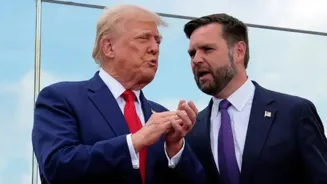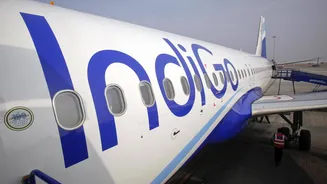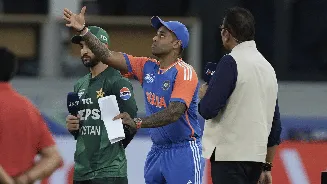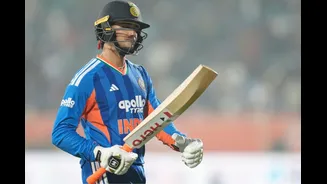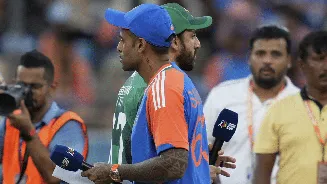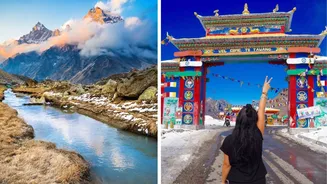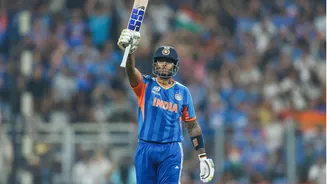The United States has stood firmly behind its deadly strike on an alleged Venezuelan drug-smuggling vessel, with top officials warning that such operations
will continue. Vice President JD Vance, defending the strike, said, “Killing cartel members who poison our fellow citizens is the highest and best use of our military.” Responding to accusations from political commentator Brian Krassenstein, who argued that “killing the citizens of another nation who are civilians without any due process is called a war crime,” Vance bluntly replied, “I don’t give a sh*t what you call it.”
Donald Trump, meanwhile, issued a stark warning to drug traffickers. “Please let this serve as notice to anybody even thinking about bringing drugs into the United States of America. BEWARE!” he wrote on Truth Social. The Trump administration said the destroyed quad-motor boat was linked to the Tren de Aragua gang, which he recently declared a terrorist organisation. Trump alleged the group was collaborating with Venezuelan President Nicolas Maduro to funnel narcotics into the US.
Secretary of State Marco Rubio and Defence Secretary Pete Hegseth stressed that the mission was part of a broader campaign. “We’ve got assets in the air, assets in the water, assets on ships, because this is a deadly serious mission for us, and it won’t stop with just this strike,” Hegseth told Fox News. “Anyone else trafficking in those waters who we know is a designated narco terrorist will face the same fate.”
The administration’s position is that the strike complied with international obligations. White House deputy press secretary Anna Kelly said the attack was “conducted against the operations of a designated terrorist organisation and was taken in defence of vital US national interests,” describing it as “fully consistent” with international law.
Still, critics have pointed out that no evidence has been presented showing the Venezuelan vessel posed an immediate threat.
The strike killed 11 people, according to officials, and marked a departure from the usual practice of intercepting and detaining smuggling crews. Typically, the US Coast Guard seizes vessels and contraband; on Friday, it reported confiscating around 20,000 kg of cocaine in the Pacific Ocean in just one month.
